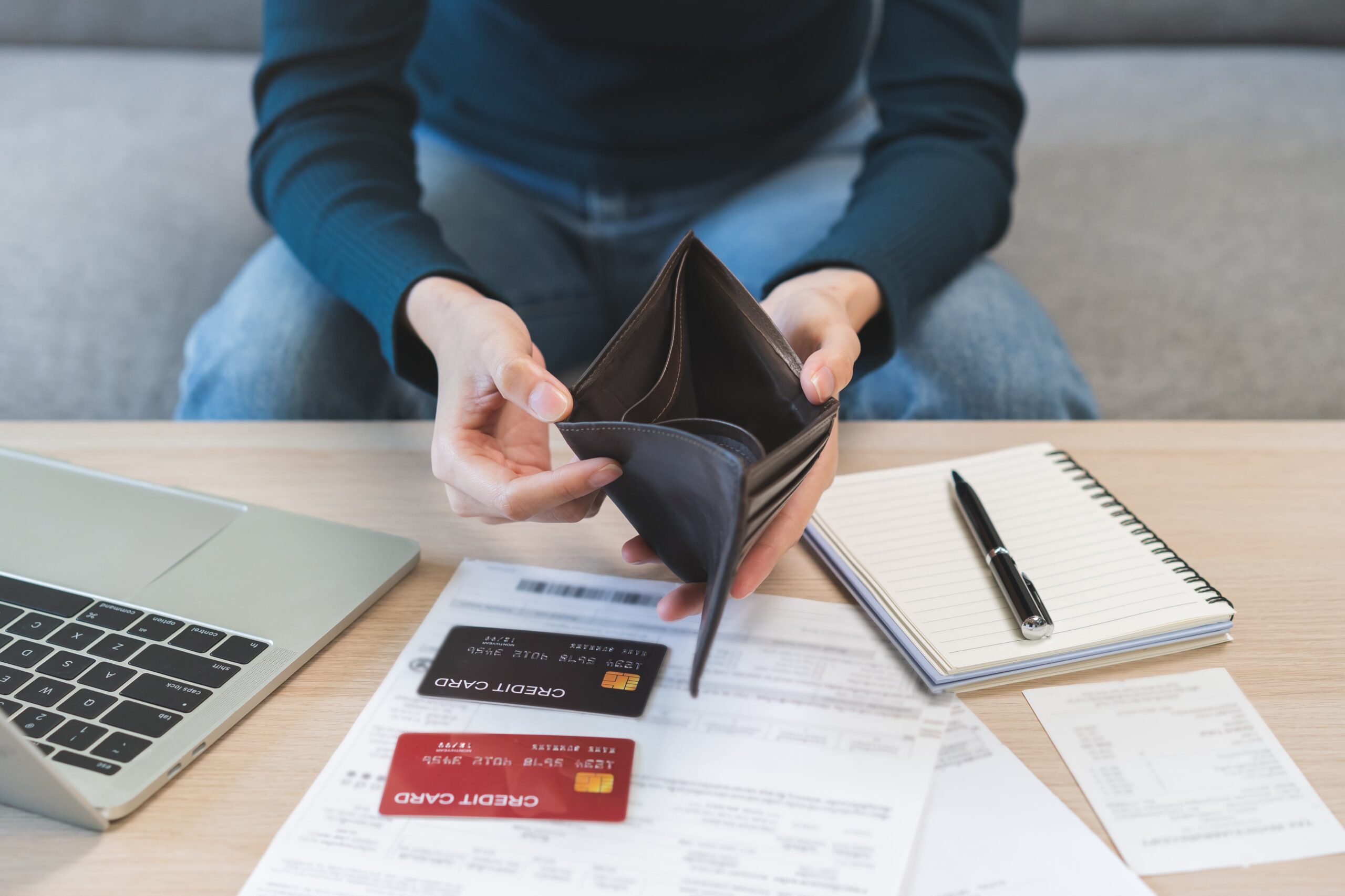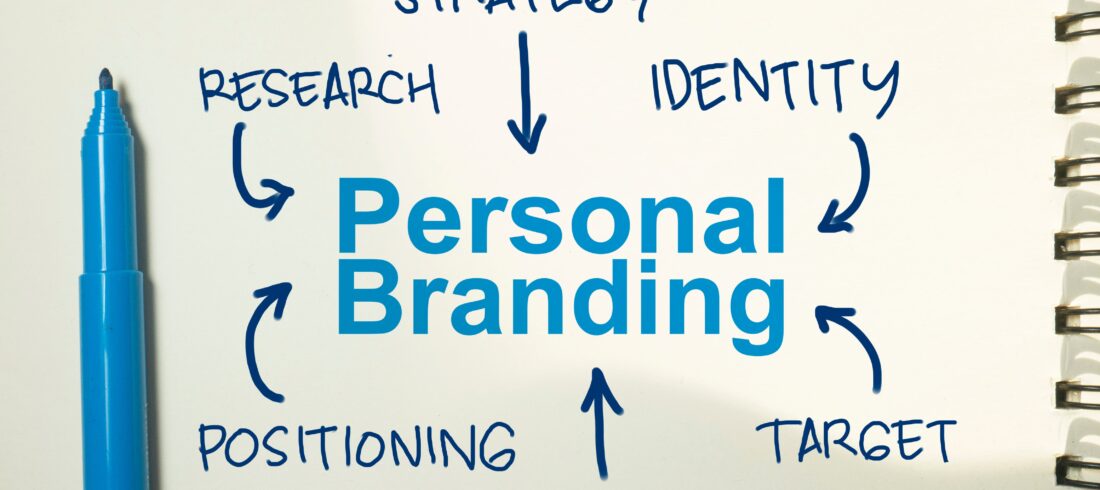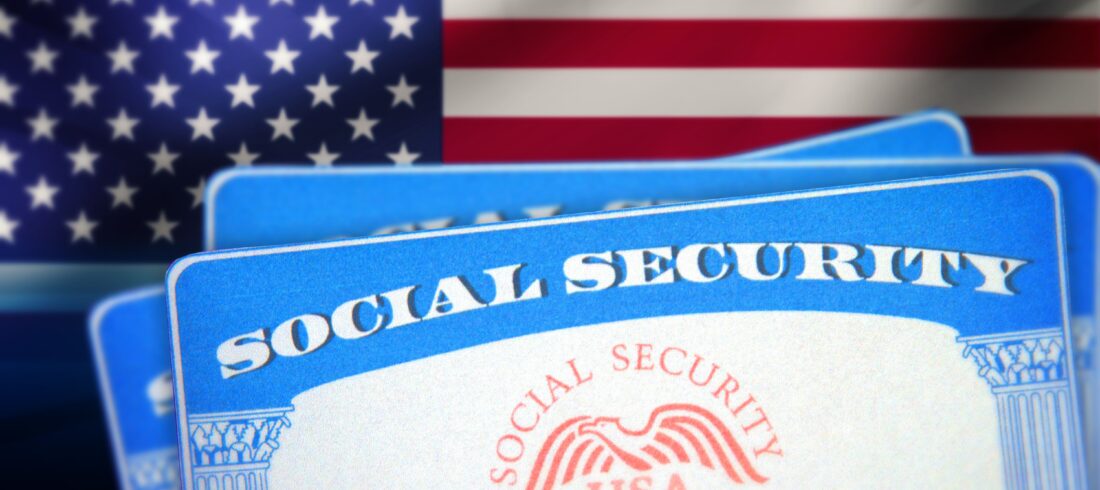Dealing with debt is stressful enough. Add bad credit into the mix, and it can feel like your options are shrinking fast. Credit card bills, medical debt, or missed payments can pile up, leaving you with fewer choices and more worry. But having a low credit score doesn’t mean you’re out of the game.
There are still real, workable paths toward relief—even if your credit score is under 600.
Debt Consolidation Explained: How to Cut Costs and Stress
Credit cards, payday loans, hospital bills, and other high-interest debts can all be rolled into one payment through debt consolidation. The goal is to make repayment easier, more predictable, and hopefully less expensive over time. Here are three common methods used to consolidate debt:
- Personal loans – You borrow a lump sum to pay off your existing debts, then repay that one loan over time.
- Balance transfer cards – You move existing credit card balances to a new card with a 0% intro APR.
- Debt management plans (DMPs) – A non-profit negotiates with your creditors and creates a structured payoff plan without new borrowing.
What Are the Best Options If You Have Bad Credit?
You can still get what you want even if your credit score is low. With a score under 600, there are lenders and programs built to help people get back on track. The key is knowing where to look and understanding how each option works.
Whether you’re looking to roll debts into one payment, lower interest, or get professional help, the right path can ease your stress and give you breathing room.
Debt Consolidation Loans for Bad Credit
Online lenders and local credit unions may be more flexible than traditional banks. They sometimes consider your income, job history, or monthly bills, not just your credit score. While you’ll likely get a higher interest rate, combining payments can still ease your monthly load.
Secured loans use your house or vehicle as collateral, making approval easier. But the risk is real—fall behind, and you could lose that asset. Unsecured loans don’t require collateral, but they’re harder to qualify for and often carry stricter repayment terms.
Debt Management Plans (DMPs)
Non-profit credit counseling agencies offer DMPs as a structured way to repay debt. These aren’t loans—you pay the agency, and they distribute the money to your creditors. They can often negotiate lower interest rates and get fees waived, helping you make progress faster.
Balance Transfers
If your credit score is in the “fair” range—around 580—you might qualify for a balance transfer card. These cards can offer 0% interest, giving you a chance to pay down your debt faster.
This strategy only works if you stick to a plan. Once the promo period ends, the rate climbs fast. Balance transfer fees can also apply, and approvals are stricter with lower credit scores. If you’re confident you can pay it off quickly, this can be a smart, interest-saving move.
What Else Can You Do to Tackle Debt?
When traditional debt relief options like loans or structured repayment plans don’t fit your credit profile or income level, you’re not out of luck. There are still alternative paths worth exploring—some risky, some helpful, and some that could boost your chances of qualifying for better solutions in the future.
Below are four alternative approaches that many people with bad credit consider when trying to manage or eliminate debt.
Explore Debt Settlement
Debt settlement companies promise to lower what you owe by negotiating lump-sum payoffs with your creditors. While this might sound good, most programs require you to stop making payments during negotiations. This can severely damage your credit and may result in late fees, collections, or even lawsuits.
Tap Home Equity or Retirement Funds
If you own a home or have a 401(k), borrowing against these can offer quick relief. But there’s a catch. Missing payments on a home equity loan could put your house at risk. And pulling from retirement savings may trigger penalties and tax consequences.
Try Credit Repair
Sometimes the best move is to pause and repair your credit before applying for loans or debt programs. Errors on your credit report, high balances, or even outdated accounts can lower your score. Fixing these issues might unlock better loan terms or approval for balance transfer cards.
Seek Local Support
Many non-profits, churches, or local agencies offer temporary financial help for people in tough spots. This can include emergency grants, utility bill assistance, or one-on-one financial counseling. These programs usually don’t require good credit and may give you just enough breathing room to regroup.
Conclusion
Yes, you may be able to get debt relief even with bad credit. Whether it’s a personal loan, DMP, or balance transfer, the key is knowing what fits your situation and being realistic about the pros and cons.
Start by reviewing your credit, income, and monthly bills. Then explore your options carefully. With a little guidance and the right plan, you can break free from debt and start rebuilding your financial future.



